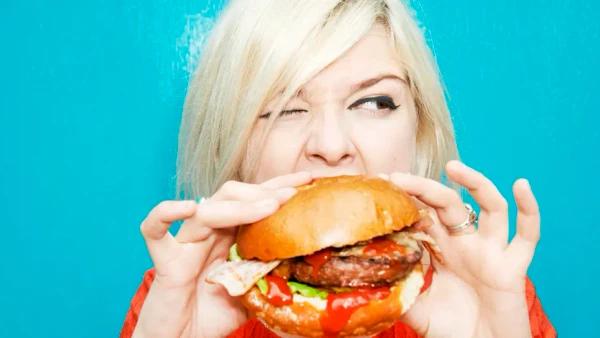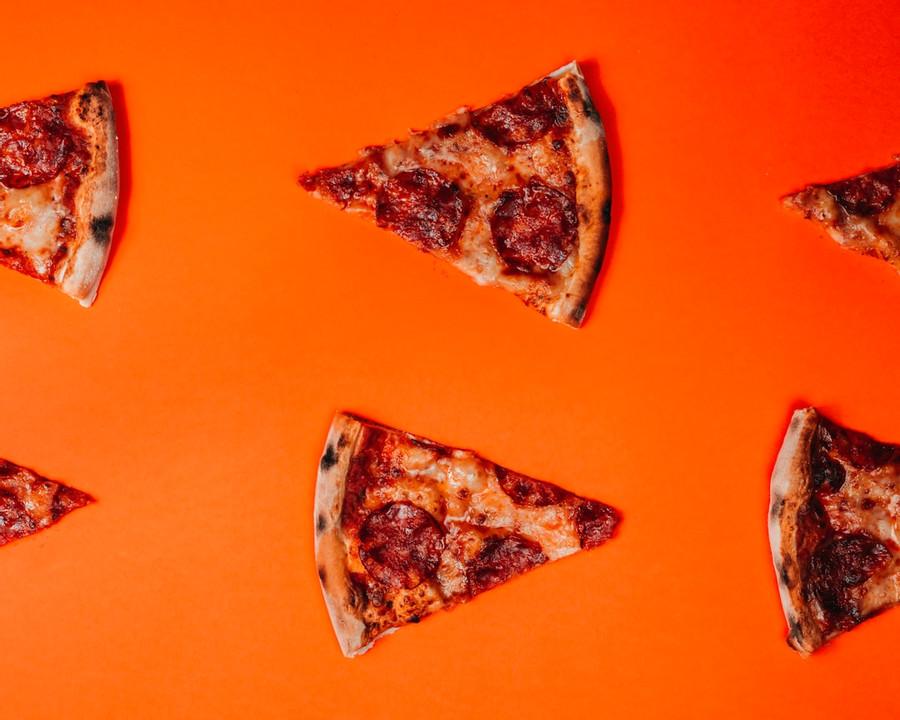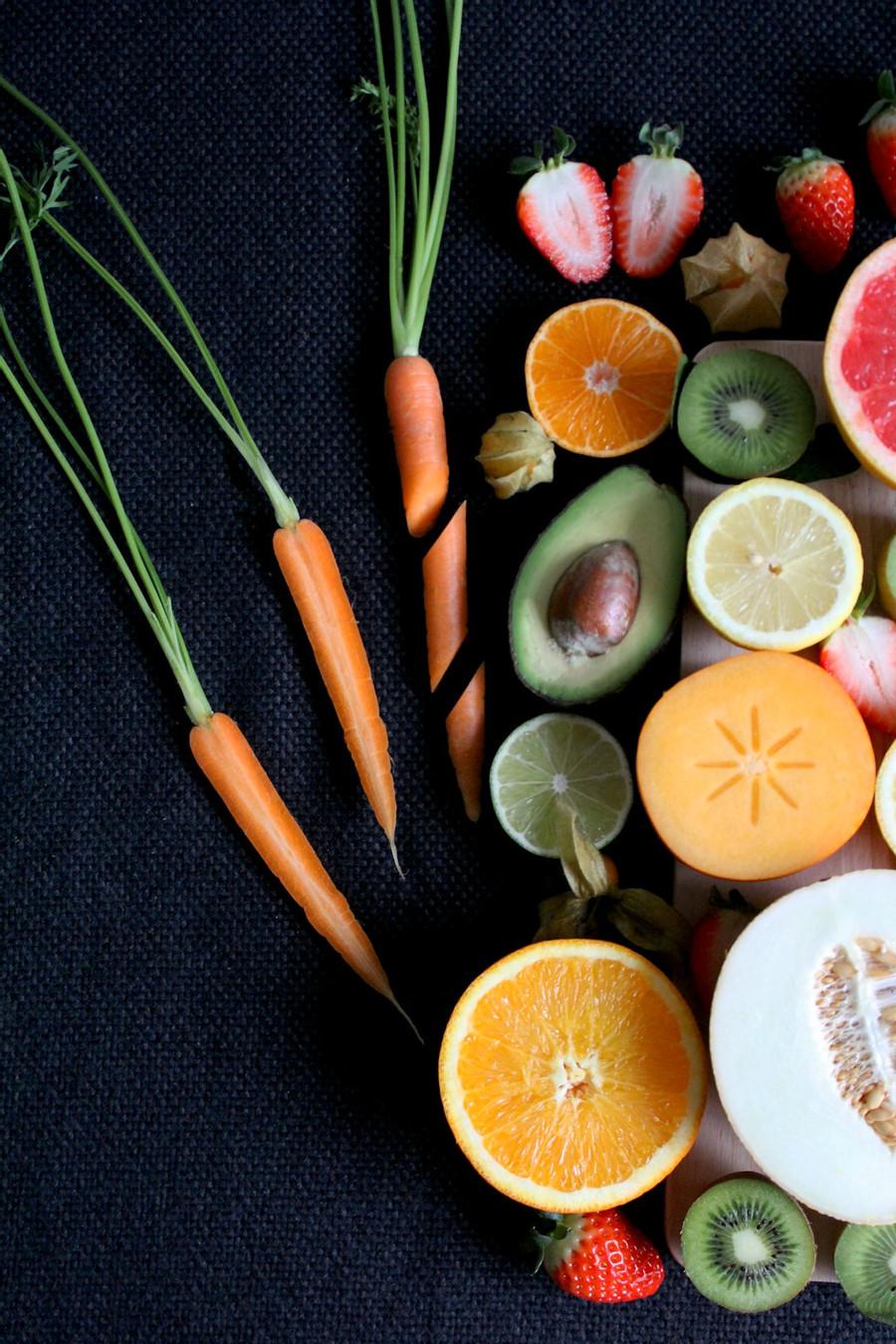Explore the World's Best Ideas
Join today and uncover 100+ curated journeys from 50+ topics. Unlock access to our mobile app with extensive features.
Foods that can cause anxiety and fatigue
Understanding which foods contribute to chronic inflammation of the gut and brain is a powerful step in managing your mood and energy levels.
Always try to avoid these five types of foods that can make you tired and stressed:
48
576 reads
1. Processed Foods
Consuming unhealthy processed foods like baked goods and soda, which are loaded with refined and added sugars floods the brain with too much glucose. This “sugar flood” can lead to inflammation in the brain and may ultimately result in depression and fatigue.
Instead, reach for nutrient-dense whole foods like fresh or vegetables and clean proteins like organic grass-fed beef .
51
490 reads
2. Industrial seed oils
The industrialization of the food industry has led to the development of inexpensive, highly processed oils created from the byproduct of abundant crops like soybean sunflower and palm oils.
Through processing, these oils become incredibly high in inflammatory omega-6 fatty acids and devoid of anti-inflammatory omega-3, which promotes brain health. Studies have shown that people who consume foods high in omega-6 fatty acids are at higher risk of depression compared to those who consume foods high in omega-3s.
Opt for other alternatives like extra virgin olive oil or avocado oil when cooking.
45
402 reads
3. Added and refined sugars
Apart from pastry desserts, sugar can also be found in surprising foods like ketchup, salad dressings and savory items like french fries.
Added and refined sugars exacerbate inflammation and overwhelm the body with more sugar than it needs, which can create increased anxiety and unstable mood levels.
46
427 reads
4. Fried foods
A 2016 study looked at 715 factory workers and measured their levels of depression, resilience and fried food consumption. It was found that people who consumed more fried foods were more likely to develop depression in their lifetime.
Fried foods are likely mood killers because they’re usually fried in unhealthy fats.
47
390 reads
5. Artificial sweeteners
Sugar replacements are increasingly common in foods that claim to be “healthy” by helping you cut down on calories.
Science implicates many artificial sweeteners can contribute to depression. One study showed that people who consume artificial sweeteners, mostly via diet drinks, are more depressed than those who don’t consume them.
To cut down on artificial sweeteners, put natural sweeteners like honey or agave nectar in your beverages.
46
339 reads
Foods that fight fatigue
Probiotics: yogurt with active cultures, tempeh, sauerkraut, kefir, kimchi, and certain cheeses
Prebiotics: beans, oats, bananas, berries, garlic, onions, asparagus, artichokes and leeks
Low-GI carbohydrates: brown rice, steel-cut oatmeal and chia seeds
Medium-GI foods, in moderation: honey, orange juice and whole-grain bread
Healthy fats: monounsaturated fats like olive oil, nuts, nut butters and avocados
Omega-3 fatty acids: fish, tuna, herring and sardines.
Vitamins: B9, B12, B1, B6, A and C
Spices: saffron and turmeric
Herbs: oregano, lavender, passionflower and chamomile
76
448 reads
IDEAS CURATED BY
CURATOR'S NOTE
The gut and the brain are in constant two-way communication, and the health of one directly influences the health of the other. We rarely think about the impact food that we eat, on our brains, mood and energy levels. When inflammation is present in the gut, less energy is available to the brain and body.
“
Umar Farooq Mir's ideas are part of this journey:
Learn more about food with this collection
The benefits of a ketogenic diet
The science behind the ketogenic diet
The potential risks of a ketogenic diet
Related collections
Similar ideas
6 ideas
10 ideas
1 idea
Read & Learn
20x Faster
without
deepstash
with
deepstash
with
deepstash
Personalized microlearning
—
100+ Learning Journeys
—
Access to 200,000+ ideas
—
Access to the mobile app
—
Unlimited idea saving
—
—
Unlimited history
—
—
Unlimited listening to ideas
—
—
Downloading & offline access
—
—
Supercharge your mind with one idea per day
Enter your email and spend 1 minute every day to learn something new.
I agree to receive email updates


